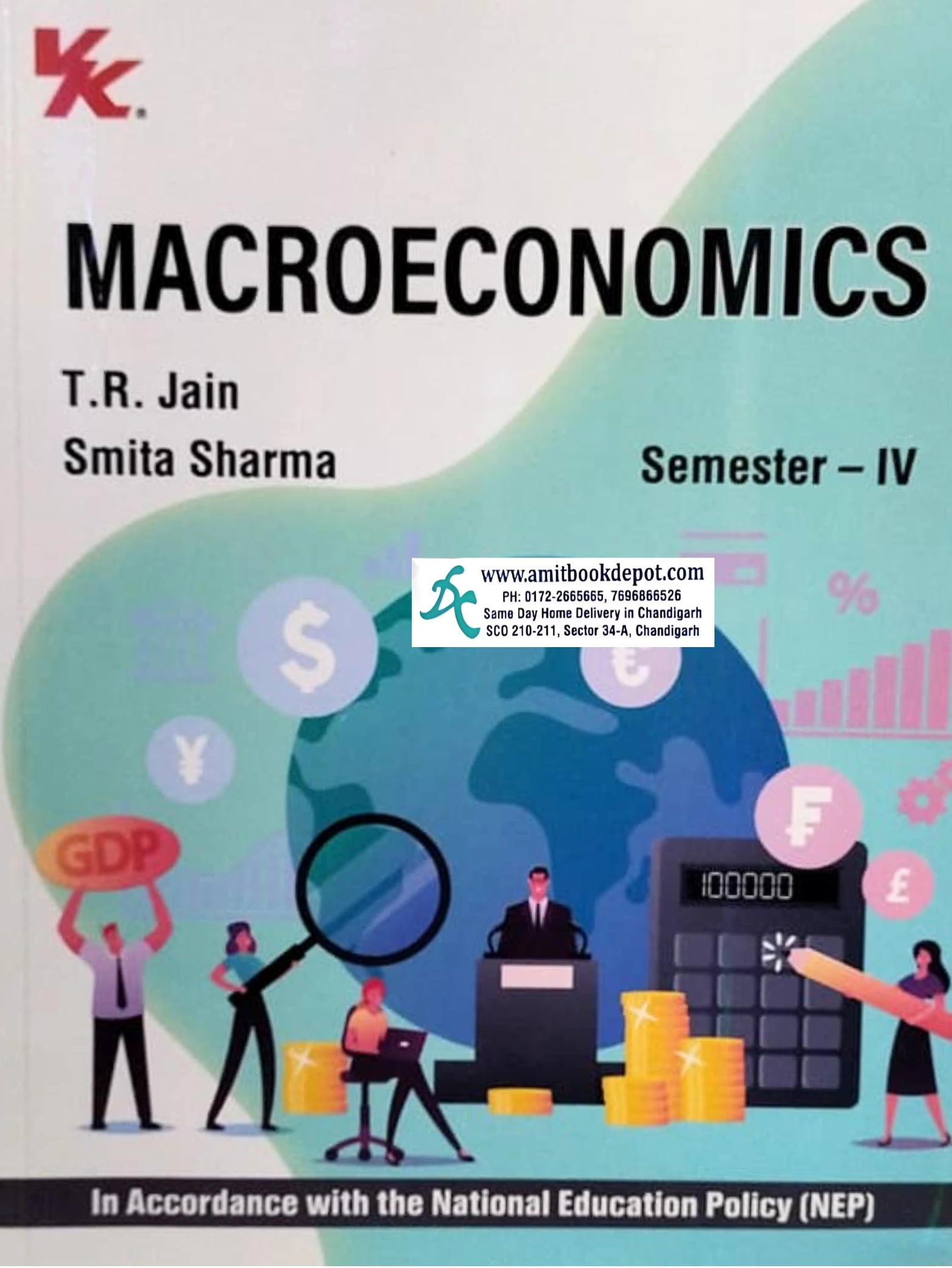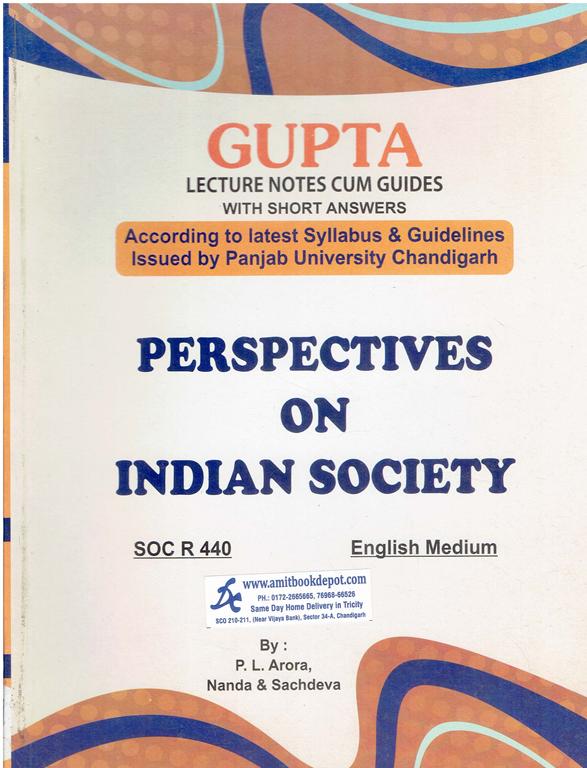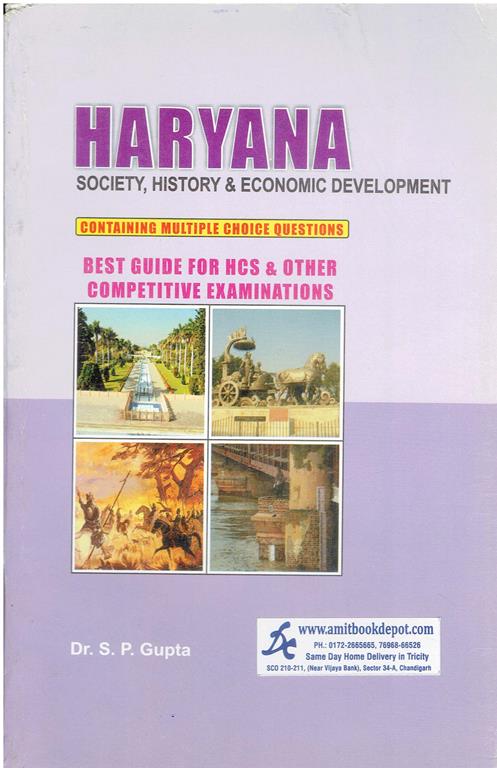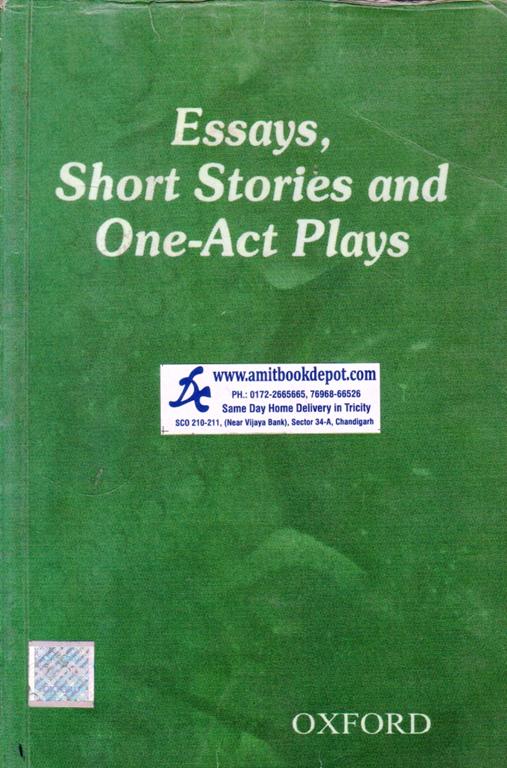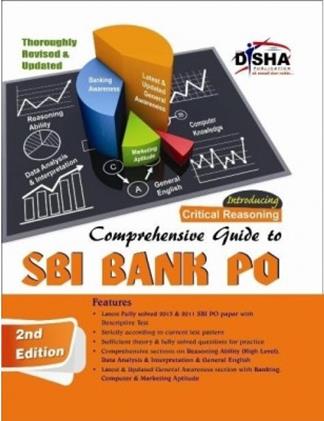A Timeless Dystopian Masterpiece – 1984 by George Orwell
George Orwell’s Nineteen Eighty-Four (1984) is one of the most influential and thought-provoking novels of the 20th century. Published in 1949, this dystopian classic explores themes of totalitarianism, surveillance, propaganda, and the erosion of individual freedom. The novel remains eerily relevant in today’s world, making it a must-read for fans of political fiction, speculative literature, and social commentary.
About the Book
Set in a grim, futuristic society governed by the oppressive Party and its enigmatic leader, Big Brother, 1984 follows the life of Winston Smith, a low-ranking member of the ruling Party in Oceania. Disillusioned with the regime’s relentless propaganda and thought control, Winston secretly rebels by keeping a forbidden diary and engaging in a clandestine love affair with Julia. However, the ever-watchful eyes of the Thought Police ensure that no act of defiance goes unpunished.
Orwell’s haunting portrayal of a world where truth is manipulated, history is rewritten, and citizens are under constant surveillance has cemented 1984 as a cornerstone of dystopian literature. Phrases like "Big Brother is watching you," "Thought Police," and "Doublethink" have entered the cultural lexicon, reflecting the novel’s enduring impact.
Why You Should Read 1984
1. A Chilling Vision of Totalitarianism: Orwell’s depiction of a society stripped of privacy and freedom serves as a stark warning against authoritarianism.
2. Relevance in the Modern Age: With debates around government surveillance, fake news, and censorship, 1984 remains strikingly pertinent.
3. Masterful Storytelling: Orwell’s gripping narrative and vivid world-building create an unforgettable reading experience.
4. Literary Significance: Frequently ranked among the greatest books of all time, 1984 is essential for any serious reader.
Key Themes Explored in 1984
1. Government Surveillance & Loss of Privacy – The omnipresent telescreens and Thought Police symbolize invasive state control.
2. Propaganda & Manipulation of Truth – The Party’s slogan, "War is Peace, Freedom is Slavery, Ignorance is Strength," highlights the distortion of reality.
3. Psychological Manipulation & Brainwashing – Concepts like "Doublethink" and "Newspeak" illustrate how language can be weaponized.
4. Rebellion & Conformity – Winston’s struggle against oppression raises questions about resistance and submission.


















